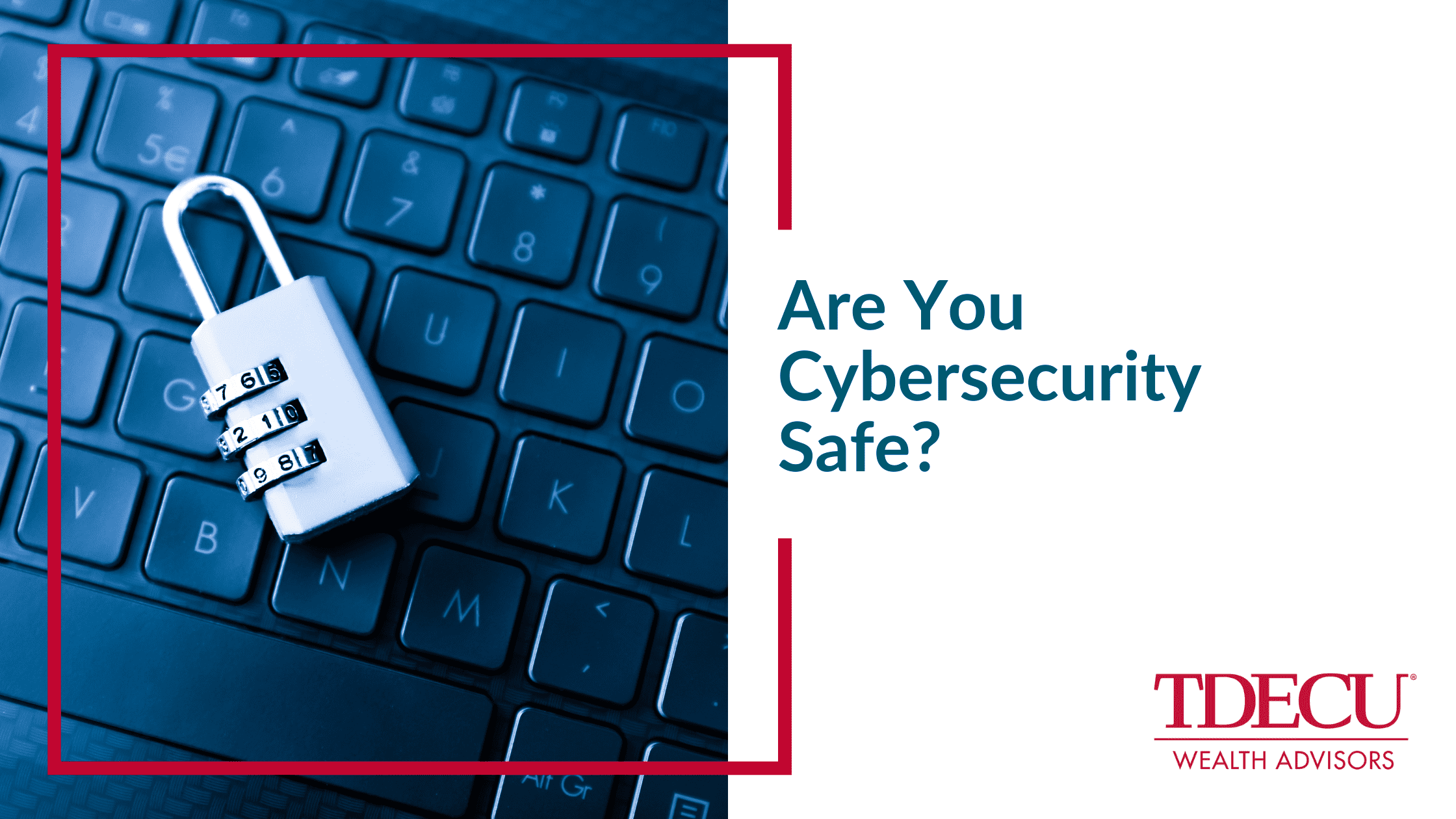COVID-19 and remote work is continuing to increase the need for internet security. Social distancing has increased device use and strained security protocols. Although cyber-security attacks are often direct at companies, other attacks are targeting individuals who are often unaware their daily events leave them at risk.
“Home-based working has increased the potential cybercrime victim-pool. People take greater risks online at home which inadvertently exposes corporate IT to cybercriminals. Phishing will continue to enable malicious access to critical systems for criminals and other advanced actors.”—Cybercrime and COVID19: Risks and Responses, United Nations Office on Drugs and Crime.
With remote work increasing threats to business and personal information, you can help protect yourself and your company with these five simple tasks:
Set up alerts on all sensitive accounts Credit card providers, banks, and other financial companies already have alerts for suspicious log-ins or transactions on your accounts. You also can enable alerts to notify you of suspicious activity. If you don’t have alerts set up, contact these institutions to enable alerts on all your accounts.
Enable two-factor authentication on smart devices All smart devices have the option to enable two-factor authentication where you must answer questions, provide pins or passwords at least twice to gain access to use the device. If working remotely on a company-provided device or personal device, enable two-step authentication to help hinder an attack.
Always check the source When receiving emails, click on the sender’s email address before opening the email to see if it is a real source. Why check first? Opening an email from a cyber-hacker can result in compromising your device. Often, cybercriminals install a bot when you open the email and watch for opportunities to take passwords and more!
Use different passwords for every account or a password manager For websites that require a password to log in, use different passwords or a password manager to generate unique passwords. Unique passwords contain random phrases or include a combination of letters, numbers, and symbols is one way to help deter cyber-hackers.
Restrict your social media profiles Lock down your personal information on your social media profiles by leaving your date of birth, address, location information, and social connections private. Also restrict your social media profiles by not making them public. Common security questions to sensitive accounts often ask security questions about pets, family members, or other information to verify your identity making these Q & A’s easy for cyber-criminals to use.
Keeping yourself and your devices safe is an on-going process but can be successful when you take steps to deter cybersecurity risks.
Important Disclosures:
Content in this material is for general information only and not intended to provide specific advice or recommendations for any individual.
All information is believed to be from reliable sources; however LPL Financial makes no representation as to its completeness or accuracy.
LPL Tracking # 1-05193191
